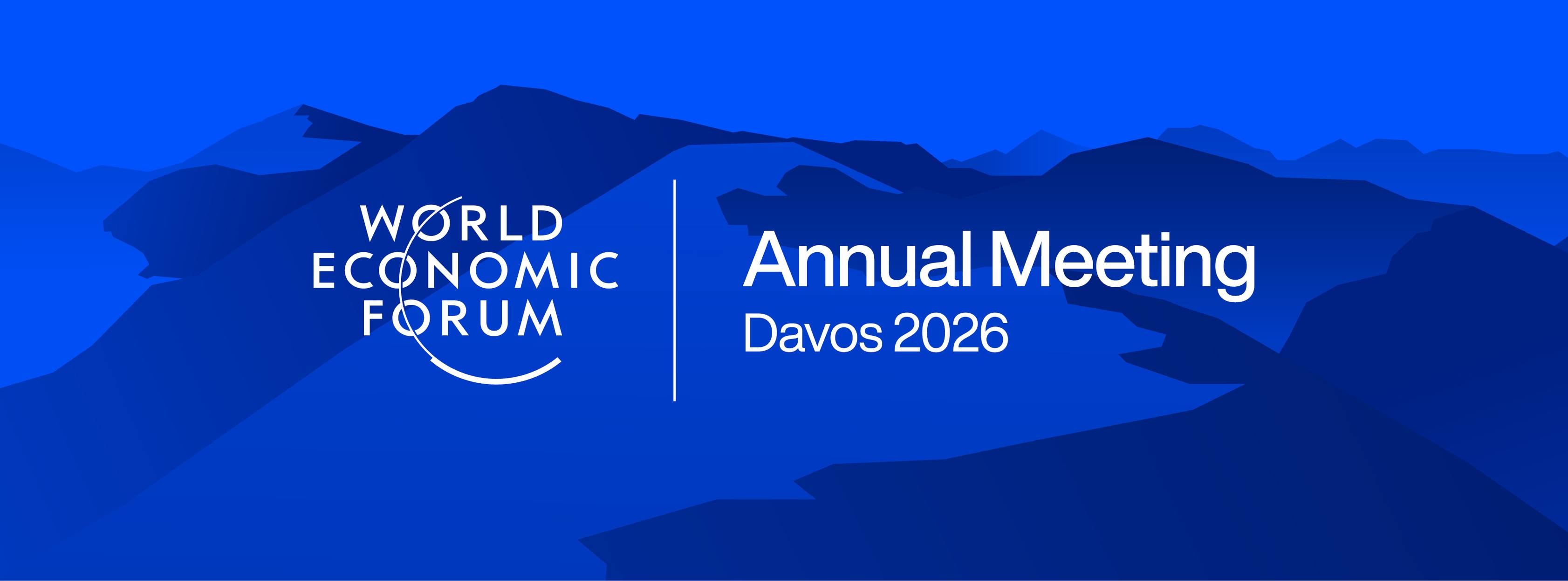Blue Origin, founded by Jeff Bezos, has announced plans to launch a global satellite internet network called TeraWave in the US. The project aims to deploy more than 5,400 satellites to deliver high-speed data services.
In the US, TeraWave will target data centres, businesses and government users rather than households. Blue Origin says the system could reach speeds of up to 6 terabits per second, exceeding the speeds of current commercial satellite services.
The move positions the US company as a direct rival to Starlink, SpaceX’s satellite internet service. Starlink already operates thousands of satellites and focuses heavily on consumer internet access across the US and beyond.
Blue Origin plans to begin launching TeraWave satellites from the US by the end of 2027. The announcement adds to the intensifying competition in satellite communications as demand for global connectivity continues to grow.
Would you like to learn more about AI, tech and digital diplomacy? If so, ask our Diplo chatbot!









